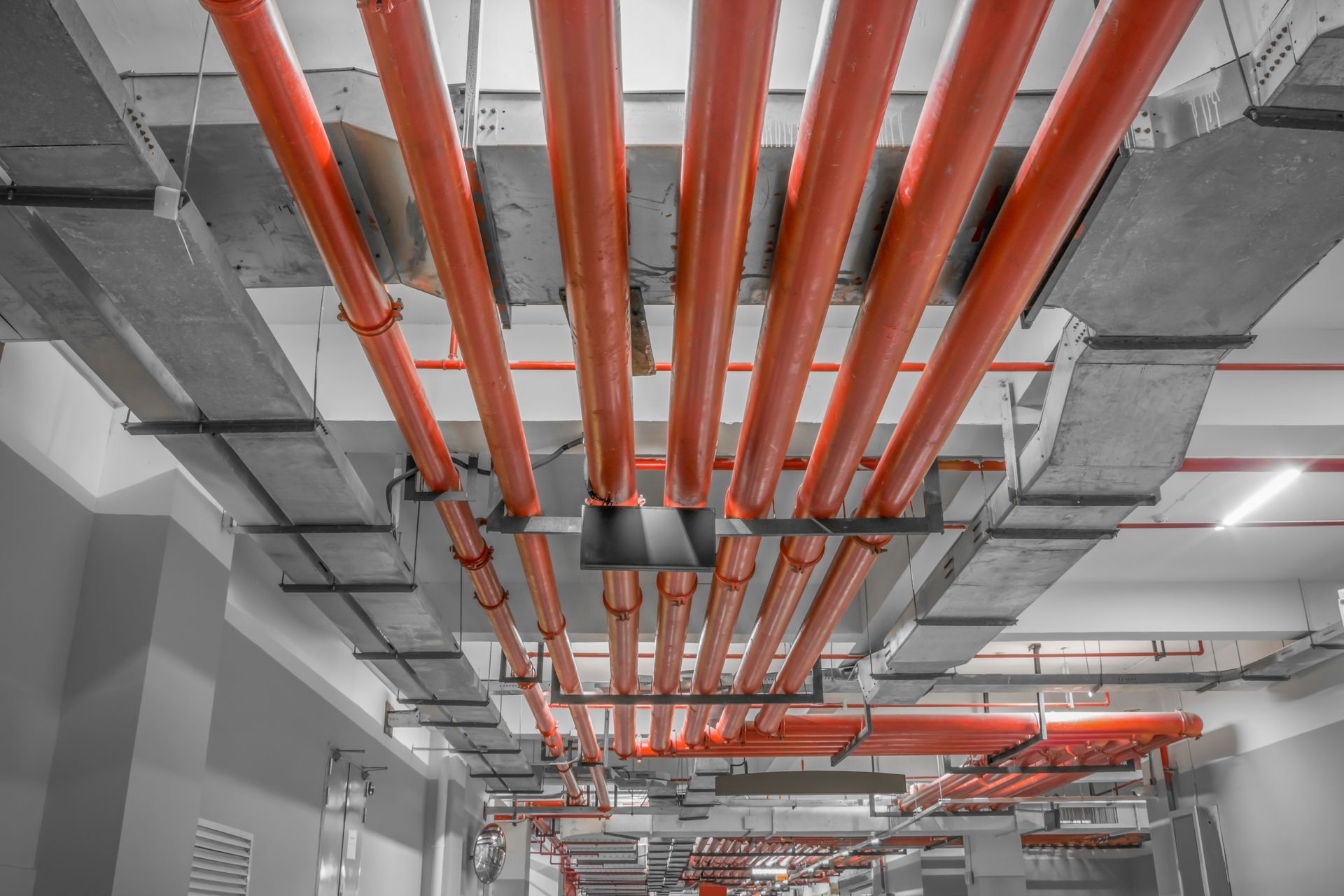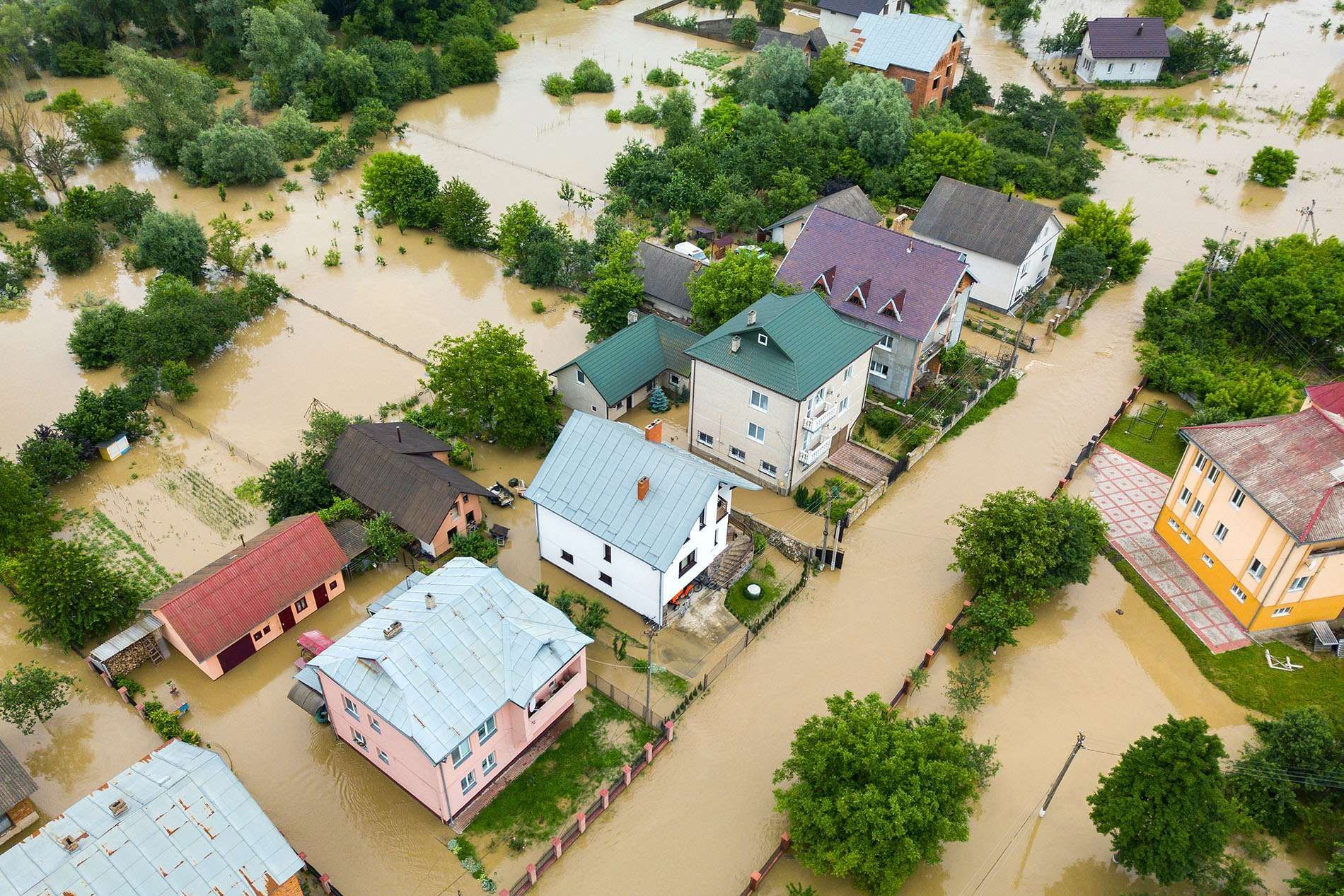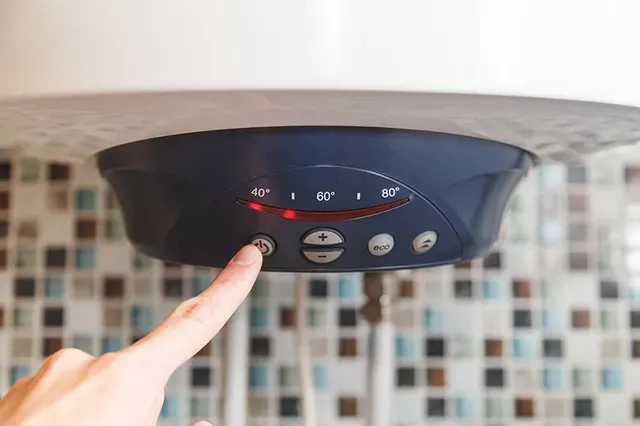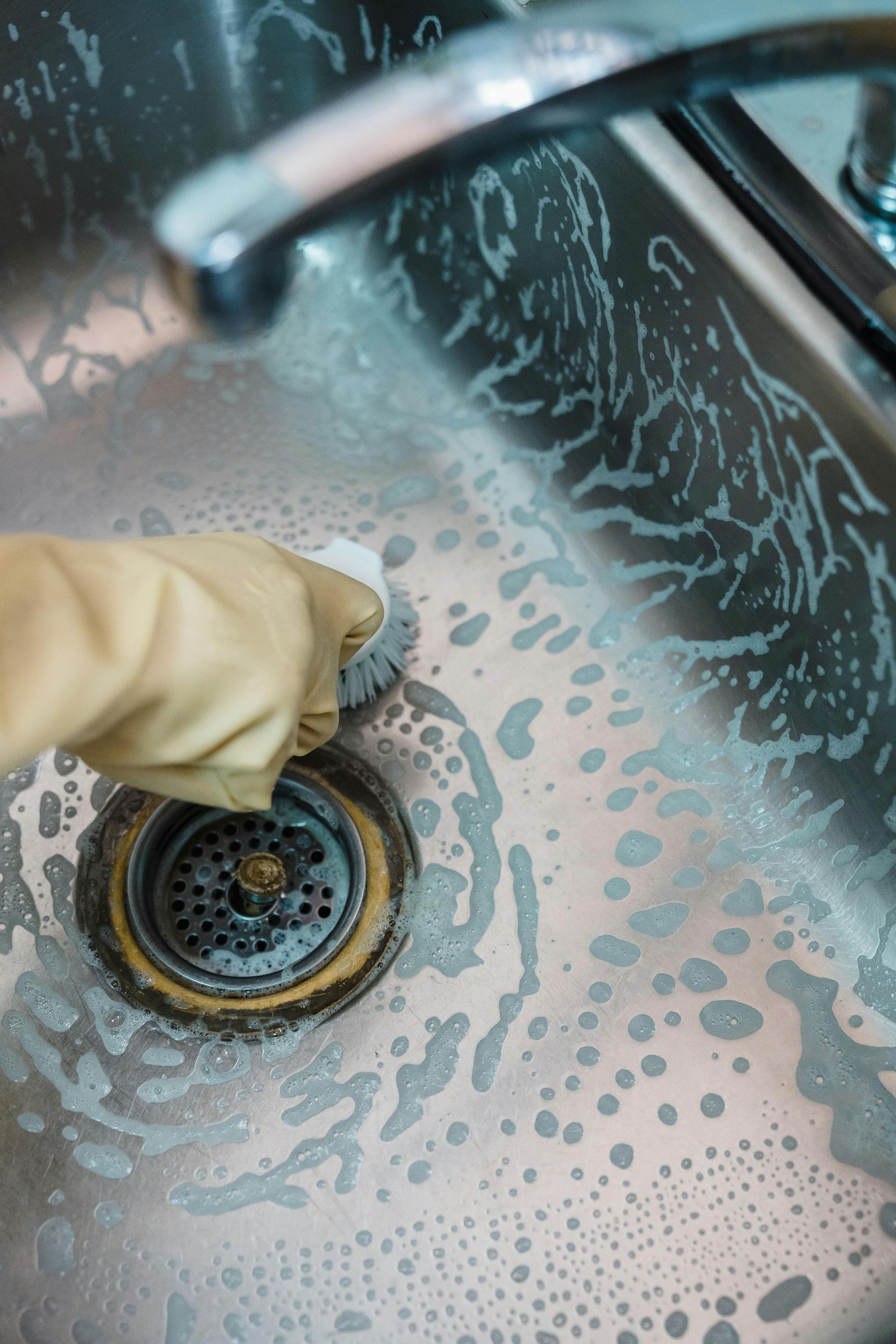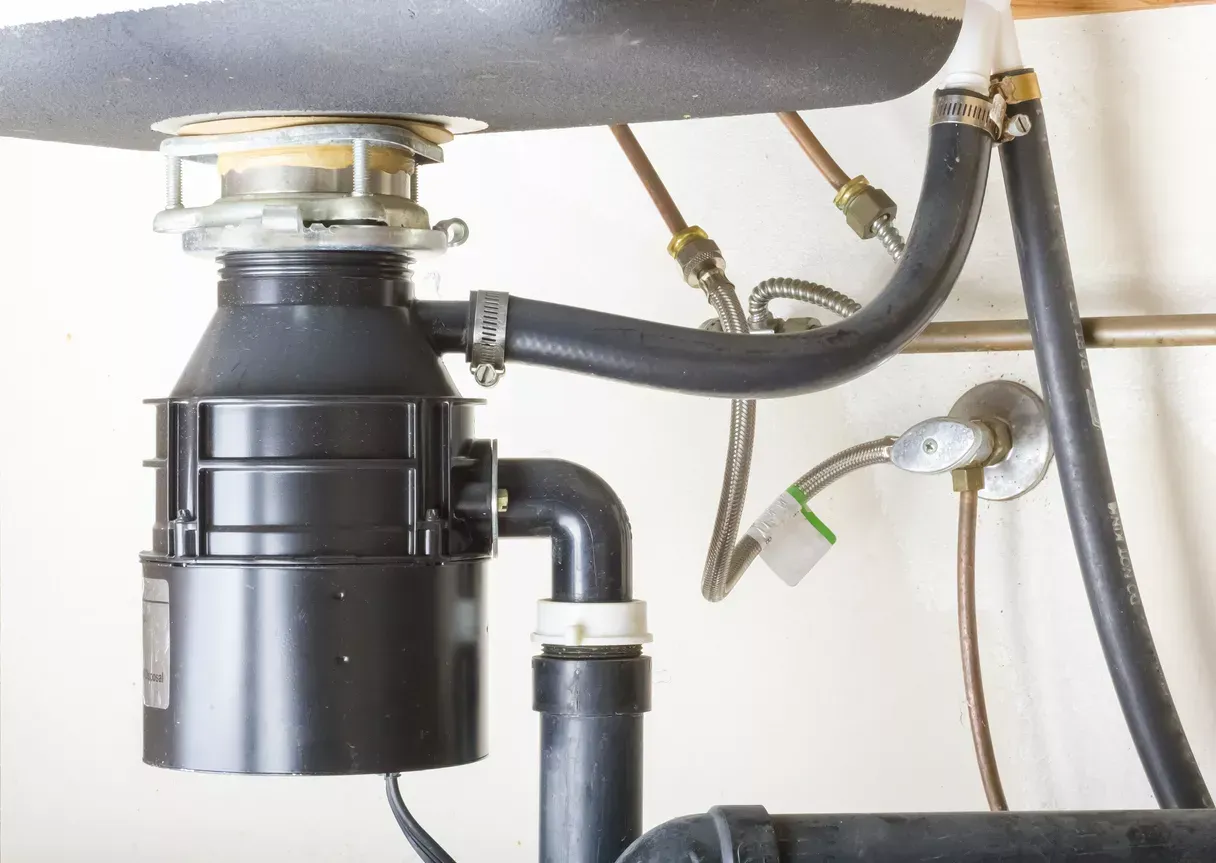Tips for Maintaining Your Septic Tank System
When everything’s flowing smoothly in your home, you probably don’t think twice about your septic tank. Out of sight, out of mind—until it isn’t. A clogged or failing septic system is more than just an unpleasant mess; it can lead to thousands of dollars in repairs, nasty odors, health hazards, and environmental damage. The good news? With just a little attention and some proactive care, you can keep your septic tank in tip-top shape for decades. For professional services, reach out to us!
Whether you’ve recently moved into a house with a septic system or you’ve been living with one for years, this guide walks you through the essential tips for maintaining it. We’ll dig into why problems occur, what steps you can take to prevent them, and what to do when things start to go sideways—without all the technical jargon or scare tactics.
Let’s start with the basics and then move deeper (pun intended).
Why is my garbage disposal humming and not working?
Understanding How a Septic System Works (And Why It Needs TLC)
Your septic tank isn’t just a holding tank—it’s a finely balanced ecosystem. It collects wastewater from your home (think toilets, showers, sinks, and laundry), separates solids from liquids, and uses natural bacteria to break down waste. The liquids—called effluent—are then released into a drain field where they’re filtered through soil.
When the system works as it should, it’s virtually invisible. But when it doesn’t, it can make its presence known in the worst ways possible. That’s why routine care is crucial—not just for function, but also for protecting your home, health, and the environment.
Flush With Care: What Goes Down Affects What Comes Up
One of the quickest ways to sabotage your septic system is by flushing or draining things that shouldn’t be there. Harsh chemicals, antibacterial soaps, grease, diapers, feminine hygiene products, and even so-called “flushable” wipes can throw off the bacterial balance and clog the pipes.
Real-world example? A homeowner in North Carolina experienced recurring backups every six months until they stopped using antibacterial dish soap and switched to septic-safe toilet paper. The difference was immediate—and their tank hasn’t needed an emergency pump since.
If it’s not biodegradable or labeled septic-safe, it has no business going down your drain.
Watch the Water: Overuse Can Drown Your Drain Field
Septic systems are designed to handle a specific volume of wastewater. Overloading it—by doing loads of laundry back-to-back, taking marathon showers, or having guests for the weekend—can overwhelm your tank and prevent solids from settling. This sends waste out to the drain field too soon, which can clog it and cause foul-smelling backups.
Spread out your water use. Fix dripping faucets. Consider installing low-flow toilets and showerheads. Not only will this reduce your water bill, but it will also give your septic system the breathing room it needs to function properly.
Pump It Before It’s Too Late: Know Your Schedule
Your septic tank fills up with solids over time. If you don’t pump it out regularly, those solids can flow into the drain field—destroying it and turning your backyard into a swampy disaster zone. Most experts recommend pumping every 3 to 5 years, but this varies depending on your tank size, household size, and water usage.
A family of five might need to pump every two years, while a single-person household could go longer. Don’t guess—schedule an inspection to know your tank’s status. It’s like an oil change for your house: regular maintenance prevents breakdowns.
Protect the Drain Field: What’s Above Matters, Too
Your drain field isn’t just a patch of grass—it’s part of the filtration system. Parking vehicles, planting trees, or placing heavy objects over it can compress the soil and damage the pipes beneath. Tree roots, in particular, are a silent killer of septic systems, as they seek out water and invade your drain field like tiny underground saboteurs.
Keep it clear, keep it grassy, and keep it light. Your drain field should be treated like a sacred zone—not a storage area or parking lot.
What does it mean when water comes up from the shower drain?
Watch for Warning Signs: Don’t Ignore the Clues
Septic problems often start quietly. Maybe your drains gurgle a little. Perhaps the grass over your tank seems unusually lush. Or you notice a faint odor in your yard. These might seem harmless, but they’re your system waving a red flag.
Other signs include slow-draining sinks, toilets that don’t flush fully, and standing water near the tank or drain field. If you spot any of these, don’t wait for a disaster—call a septic professional for an inspection.
In one case, a homeowner ignored foul odors for weeks, thinking it was just outdoor humidity. Turns out, their drain field was completely saturated and had to be replaced—at a cost of over $8,000. Catching it early would’ve saved them both the headache and the cash.
Skip the Additives: Trust Nature and Experts Instead
You might’ve seen septic tank additives on store shelves—enzymes or chemicals that claim to boost performance or reduce the need for pumping. Most professionals agree: they’re unnecessary at best, and harmful at worst. Your tank already has the bacteria it needs to break down waste naturally. Adding chemicals can disrupt this balance or push waste into the drain field prematurely.
When in doubt, ask your septic technician before introducing anything new. Your tank isn’t a science experiment—it’s a delicate system that thrives on simplicity.
Schedule Regular Inspections: Prevention Is Always Cheaper Than Repair
Even if everything seems fine, an annual inspection is a wise move. A trained technician can check sludge levels, inspect the tank for cracks, ensure the baffles are intact, and confirm that everything’s flowing as it should.
Think of it like a doctor’s check-up for your house’s digestive system. Catching issues early can mean the difference between a $300 repair and a $10,000 overhaul.
Don’t DIY the Big Stuff: Know When to Call the Pros
Tempted to dig around your septic tank or clear a blockage yourself? Stop right there. Septic systems are complex and often dangerous if mishandled. Gases like methane and hydrogen sulfide can be deadly in confined spaces, and improper pumping can collapse the tank or damage vital parts.
Stick to what you can control: mindful flushing, water conservation, and surface-level monitoring. Leave the deeper maintenance and repairs to certified professionals with the right tools and training.
Conclusion: Treat Your Septic System Like a Living, Breathing Part of Your Home
Your septic system works quietly behind the scenes—but its health directly affects your home’s comfort, safety, and value. By understanding how it functions, staying mindful of what you flush, spreading out water usage, pumping it on schedule, and protecting the drain field, you can prevent most problems before they start.
Think of it this way: just a few simple habits can save you thousands of dollars, countless headaches, and a whole lot of stink. So respect your tank, listen to its signals, and build a relationship with a trusted local septic professional. In return, your septic system will continue doing its not-so-glamorous job—without making a scene.


